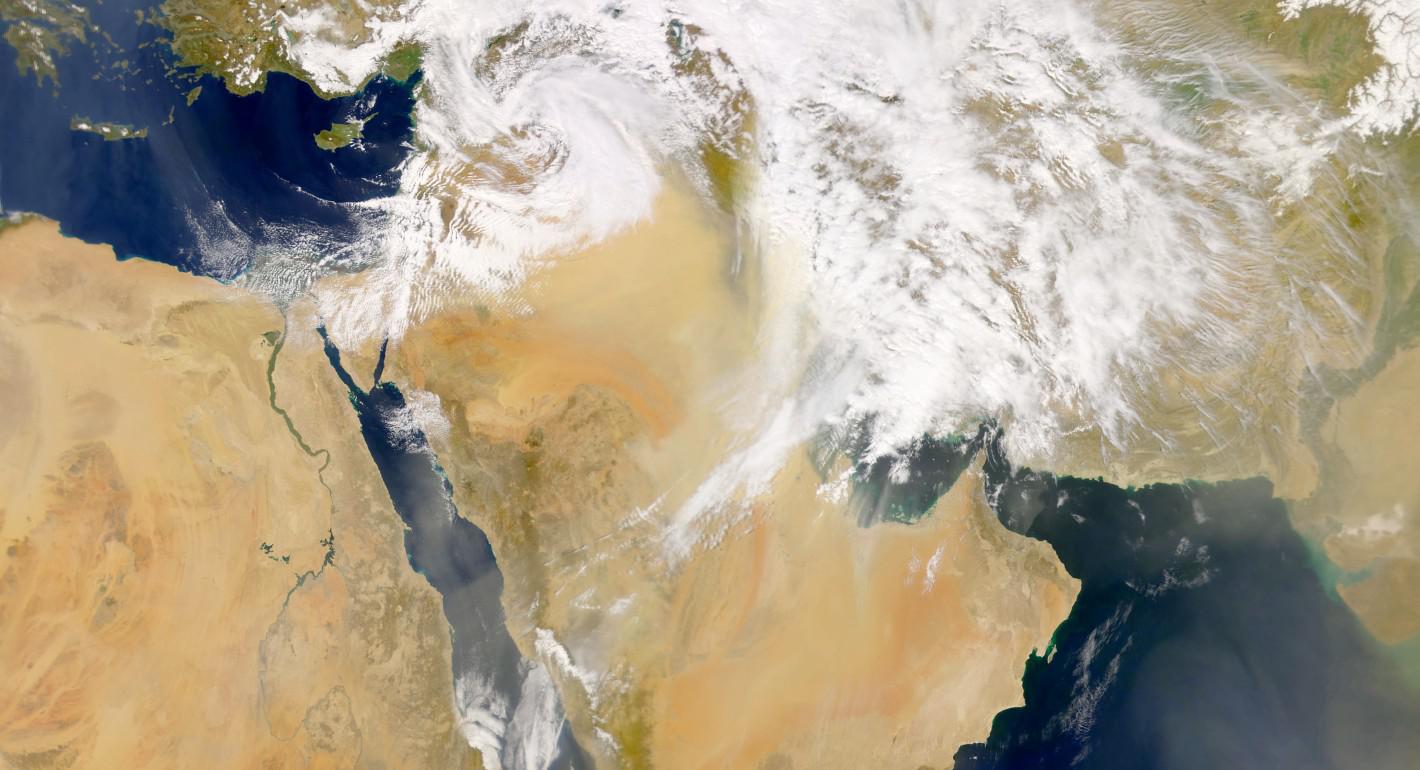
The interim administration, which assumed office following a period of political instability, is reportedly scrutinizing existing agreements with various countries, with a particular emphasis on those involving India. This move could lead to modifications or even cancellations of some of the agreements made under the previous government. Key areas under review include trade agreements, infrastructure projects, and joint ventures that were initiated in recent years.
The bilateral agreements with India cover a range of sectors, including energy cooperation, infrastructure development, and trade facilitation. Among these, several high-profile projects such as the expansion of cross-border trade routes and collaborative infrastructure ventures are likely to be re-evaluated. The interim government’s review aims to ensure that these agreements align with its current policy objectives and national interests.
Several factors are influencing this potential reassessment. Political analysts suggest that the interim government seeks to re-evaluate the economic and strategic impacts of these MoUs, particularly in light of the shifting geopolitical landscape. There are also concerns about ensuring that the terms of these agreements do not disproportionately favor one party over the other, which has been a point of contention in past bilateral discussions.
In addition to reviewing trade and infrastructure agreements, the interim administration is also focusing on energy cooperation agreements with India. These agreements have been crucial for Bangladesh, given its growing energy needs and the ongoing efforts to diversify its energy sources. The review process could lead to renegotiations aimed at optimizing the benefits for Bangladesh while maintaining strong bilateral relations with India.
The diplomatic community is closely monitoring this development, as any significant changes to the agreements could impact regional relations and economic collaborations. Experts suggest that the interim government's approach to these agreements will be a critical factor in shaping the future of Bangladesh-India relations.
While the interim administration has yet to make an official statement regarding the specific MoUs under review, the ongoing discussions signal a potential shift in how Bangladesh approaches its international agreements. The outcome of this review process will likely influence future diplomatic and economic engagements between the two countries.
As the interim government continues its assessment, it remains to be seen how these potential changes will affect the broader bilateral relationship and regional dynamics. The review process underscores the importance of adapting international agreements to align with evolving national strategies and interests.
